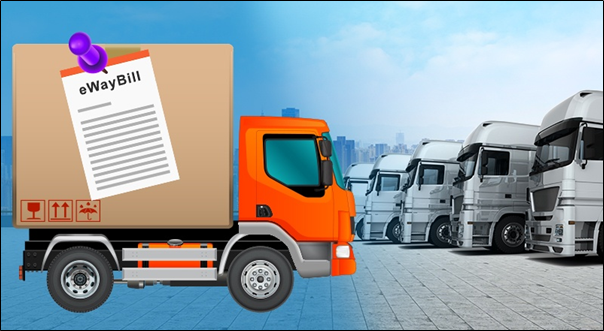Legal implications of E-way bill
An E-Way bill is required under the GST law when shipping products from one state to another. To verify paperwork such as invoices and E-Way Bills, government-appointed field officers have the authority to block transport vehicles. Government officials claimed that E-Way bills were the most secure way to keep track of shipments and that the field officers did a necessary job of keeping dishonest truckers honest.
All E-Way verification processes will be carried out anywhere by government-authorized officials, as all permanent checkpoints along the route have been abolished. In order to get an E-Way bill, a driver is required to show his vehicle's owner's permit and a log book.
It would be deemed to be a violation of GST law and regulation if you don't carry or produce E-Way invoices and invoice documentation when moving products. The taxpayer may suffer losses that are both monetary and non-monetary as a result of this.
Monetary Legal Implications
You must bring both invoices and E-Way Bills while shipping products since they are needed for GST compliance.
- If the tax is already covered and paid during invoice production, there are no tax-related penalties for failing to generate E-Way Bills. The designated authority officer will therefore apply a 10,000 INR fine in this situation.
- The assigned officer may claim that you intended to avoid the appropriate tax if you do not have an E-Way Bill with you throughout the transportation. In this case, you may be subject to a fine of INR 10,000 or the amount of the unpaid tax, whichever is higher.
Non-Monetary Legal
Implications
A checking officer has the authority to detain the person or seize the items and the vehicle if they are discovered moving goods without an e-way bill generated and invoice. Only once the correct tax amount or penalty has been paid will the detention be released.
Original Source : Legal
implications of E-way bill




Comments
Post a Comment